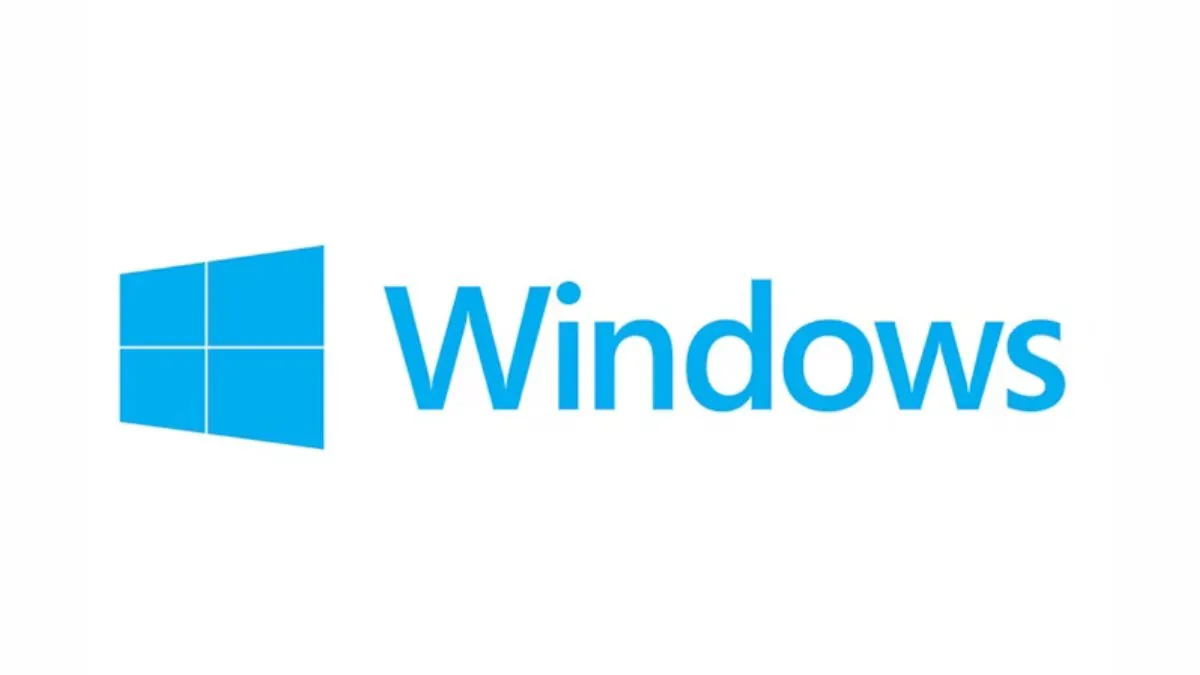With each new Microsoft Windows update, the tech community braces for a wave of divided opinions. Some users view each iteration of Windows as progressively more flawed, reminiscing about the days of simpler and more intuitive navigation. On the other hand, there are those who welcome the improvements that accompany each new version of the operating system, despite the inevitable glitches and adjustment period that come with it.
The last major Windows update introduced Windows 11 in October 2021, signaling that it’s about time for the next update to shake up our digital landscape. While the eventual transition to Windows 12 promises long-term benefits, the initial weeks following its release will undoubtedly present challenges for users to overcome.
As for the release date of Windows 12, it’s a topic shrouded in speculation. Historically, Windows updates have been rolled out annually, with exceptions like the six-year gap between Windows 10 and 11. Similarly, there could be a considerable interval between Windows 11 and 12, although an exact release date for the latter remains elusive. While rumors and leaks suggest a potential late 2024 launch, Microsoft has yet to officially confirm the development of Windows 12.
The absence of an official announcement from Microsoft indicates that Windows 12 is still in its early stages of development, making a 2025 release date more plausible. Given Microsoft’s commitment to delivering polished software, the company is likely to prioritize thorough testing to avoid the pitfalls of previous Windows launches.
If Microsoft maintains its track record, Windows 12 holds promise as a robust and dependable update. Ideally, it will serve as a seamless transition from Windows 11, offering users an enhanced operating system experience. However, barring any significant shifts, users should temper their expectations and anticipate a patient wait for the arrival of Windows 12.

